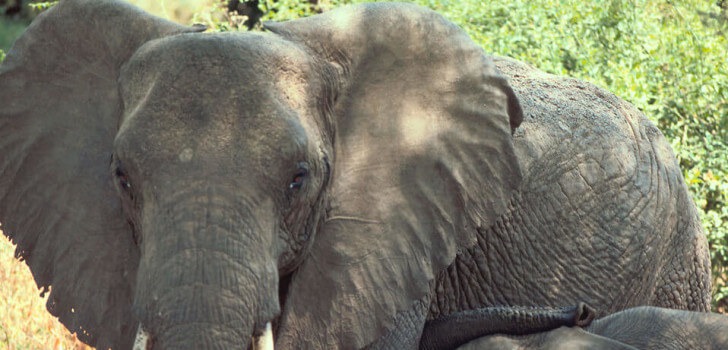Japanese government officials are being slammed for their poor efforts at stopping the country’s illegal ivory trade. The Environmental Investigation Agency (EIA) recently conducted an undercover probe which discovered that ivory traders in Japan were dodging rules on ivory sales in order to move the goods across borders, most notably China, where ivory trading thrives.
The findings from the EIA investigation said, “Japan is clearly being targeted by ivory trafficking syndicates purchasing illegal tusks including via the internet, and arranging illegal export to China without any apparent interference from Japanese authorities.”
EIA President Allan Thornton added that he does not believe that Japan has followed through on its legal commitments. He also said that action must be taken for the sake of preserving the endangered elephants.
Japan has formally banned the trade of international ivory since 1989. However, since domestic ivory is still allowed to be traded, a large amount of international ivory is sold under the guise of legal sales. According to Japanese law, legal ivory must come from registered stockpiles or have existed before the ban was put into effect.
The investigation by the EIA showed that 30 of the 37 ivory traders said that they were willing to work around the law by purchasing unregistered ivory tusks. The EIA report admitted that the controls placed on ivory by Japan have been a “total failure”. One environmental official said that “smuggling is rampant in Japan”.
The investigation was conducted after it was discovered that Japanese e-commerce website Rakuten is one of the world’s largest marketplaces for the sale of ivory. The website offers tens of thousands of ivory products on its website.
Despite its illegal or tightly controlled status in much of the world, ivory is a multi-billion dollar industry. Elephant tusks and other body parts are highly coveted in Asia and the Middle East, where they are typically used as ornaments and as part of traditional medicines. Sadly, the high demand for ivory has put tremendous stress on the African elephant population, which is at historic lows.
Stay Connected